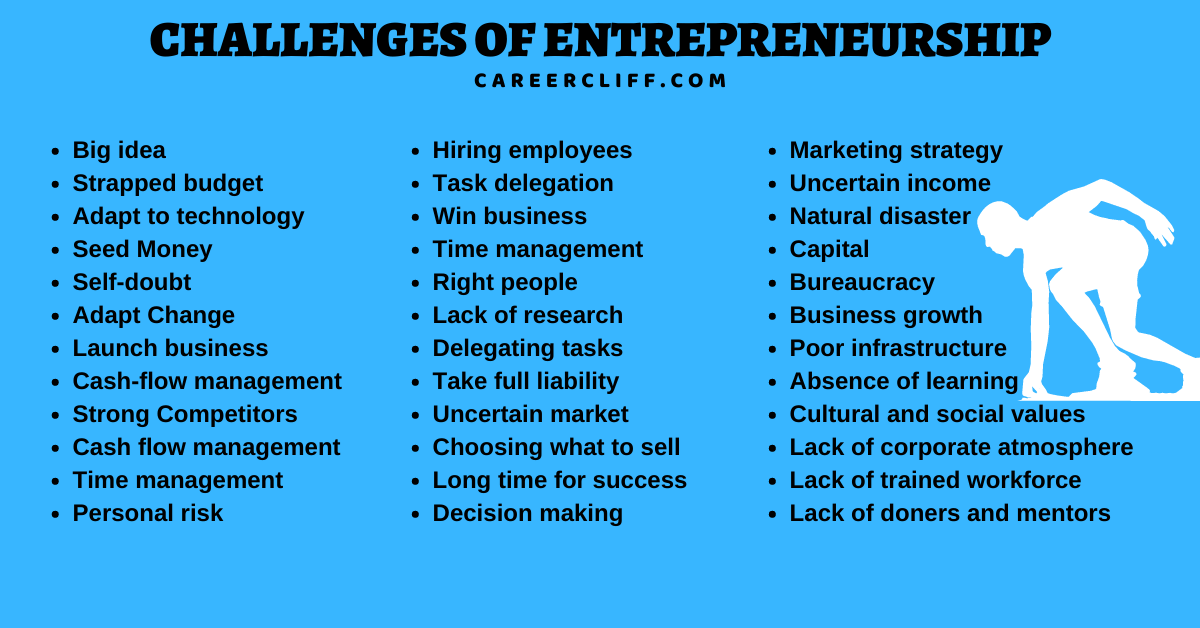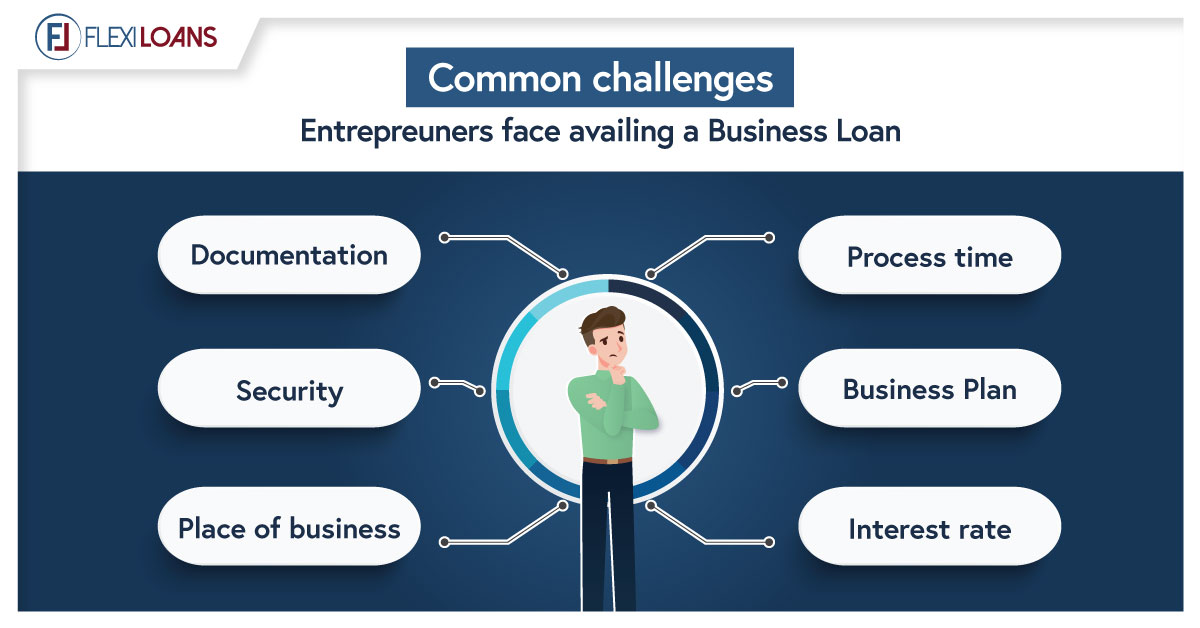Challenges Faced By Entrepreneurs When Starting A Business

New ventures face a gauntlet of obstacles, pushing founders to their limits. Overcoming these hurdles is crucial for survival in today's competitive market.
Funding: A Constant Struggle
Securing adequate capital is arguably the biggest challenge. According to the Small Business Administration (SBA), lack of capital is a leading cause of business failure.
Many startups rely on personal savings, loans from friends and family, or venture capital.
Navigating the complexities of venture capital funding, including pitch decks and due diligence, can be a drain on resources.
Navigating the Regulatory Maze
Compliance with local, state, and federal regulations can be overwhelming. From permits and licenses to industry-specific regulations, the burden can be significant.
According to a 2023 report by the World Bank, the United States ranks relatively high in ease of doing business, but specific industries and locations still present significant regulatory hurdles.
Understanding and adhering to these regulations requires specialized knowledge and can be costly, especially for small businesses with limited resources.
Talent Acquisition and Retention
Attracting and retaining skilled employees is a constant challenge. Startups often struggle to compete with the salaries and benefits offered by larger, established companies.
Building a strong company culture and offering opportunities for growth and development are crucial for retaining talent. But this demands time and effort.
The Great Resignation amplified this problem, making the job market even more competitive.
Marketing and Sales: Reaching the Right Audience
Effectively marketing products or services and generating sales is essential for revenue generation. Yet, reaching the target audience amidst the noise is difficult.
Developing a robust marketing strategy and adapting to the ever-changing digital landscape can be demanding.
Small businesses often lack the budget for large-scale marketing campaigns, necessitating creative and cost-effective solutions.
Time Management and Work-Life Balance
Entrepreneurs often face relentless schedules and immense pressure. Achieving a healthy work-life balance can seem impossible.
Long hours and constant availability can lead to burnout, impacting productivity and well-being. Prioritization and delegation are key.
Many entrepreneurs experience isolation, highlighting the importance of building a supportive network.
Competition and Market Volatility
Facing stiff competition from established players and navigating market fluctuations present ongoing challenges. Adapting to changing consumer preferences is key.
Maintaining a competitive edge requires constant innovation and a willingness to pivot. Disruptive technologies can reshape entire industries overnight.
Staying informed about market trends and competitor strategies is crucial for survival.
What's Next? Resources and Support
Organizations like the SBA and local business development centers offer resources and support. Mentorship programs and networking opportunities can also be invaluable.
Entrepreneurs must proactively seek assistance and embrace continuous learning. Staying informed and adaptable is key to navigating the turbulent waters of entrepreneurship.
The journey is challenging, but with resilience and the right support, success is attainable.


















